The 10 Most Important Specs When Choosing Smartphone!
Make an Informed Decision: A Comprehensive Guide to the Top 10 Smartphone Specifications You Should Consider Before Making a Purchase

Smartphones are the dominant mobile device used in the Philippines today. As of March 2015, the Philippines is now the third largest smartphone market in Southeast Asia. With Facebook and YouTube in the top 5 social media apps used by Filipinos today, it’s no wonder the purpose of the cell phone has gone beyond just texting and calling.
Most Important Specs When Choosing Smartphone! At a time when smartphones dominate the market, there are different models with their own advantages. High-definition cameras, more storage, and more memory are just a few of the many features we like. The question then is, what specifications should we look at? After all, there are always new models on the market.
Here Are 10 Most Important Specs When Choosing Smartphone.
| Specification | Description |
|---|---|
| Battery Life | Measured in milliampere-hours (mAh). Higher battery capacity is recommended for heavy users. |
| Operating System | Choose between Android or iOS, depending on your preference for customization or simplicity. |
| Processor | The number of cores and clock speed determines the device’s performance. A minimum of 1.84 GHz is recommended for average users. |
| RAM | The more RAM you have, the more apps you can run simultaneously. 2GB RAM is sufficient for most users, while more than 4GB RAM is recommended for heavy users. |
| Phone Screen Size | Consider your usage before choosing a larger screen, as it requires more power and can be inconvenient for one-handed use. |
| SD Card Storage | An expandable SD card slot can add extra storage space for your files. Apps run faster when installed on your phone’s internal storage. |
| USB File Transfer | USB 3.0 allows for faster transfer of large files. |
| Sensors | Accelerometers, gyrometers, GPS locators, and fingerprint sensors are useful features to consider. |
| Camera | A high-quality camera is important for those who like to take photos and videos. |
| Water Resistance | This is useful for those who frequently use their phones outdoors or near water. |
Battery Life:
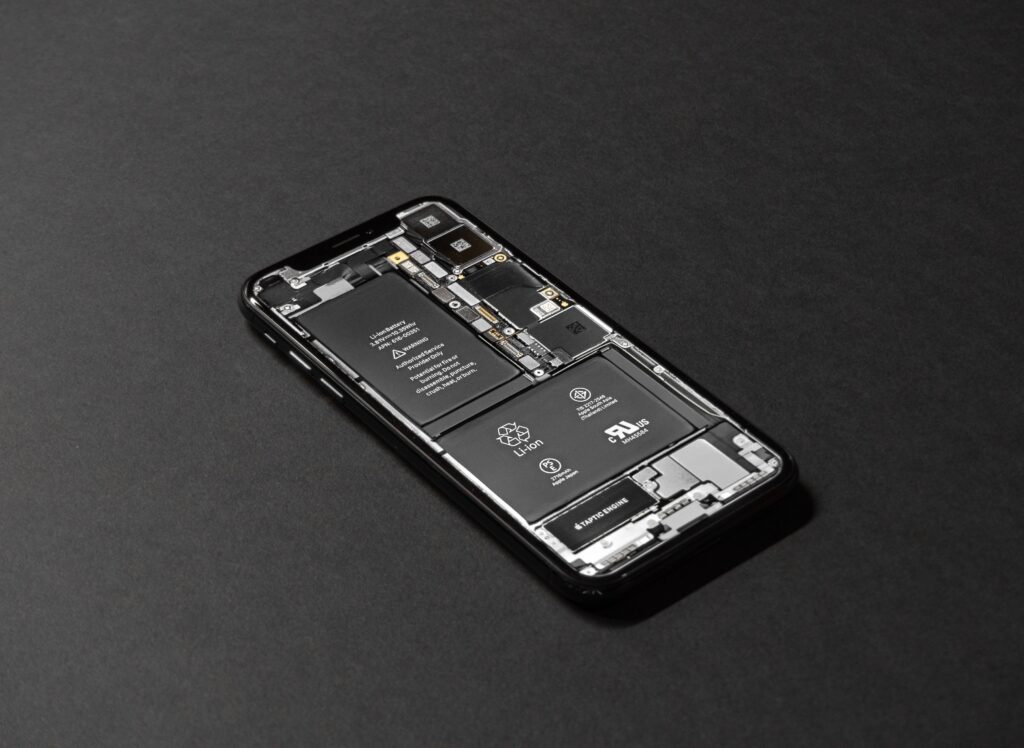
This is perhaps the most critical aspect – after all, a phone is only as good as its battery capacity. For convenience, manufacturers typically measure battery performance in milliampere-hours (mAh). On average, the battery capacity of the smartphones can start at 1700mAh and can go up to 5000mAh of the Asus Zenphone Max. Some brands also specify how many hours a phone can last in standby, talking, or playing media.
The power you need depends on your lifestyle. If you’re not too hungry for apps and just need something simple, anywhere up to 2000 mAh is usually enough for the day. If you are the type who regularly plays games or uses a lot of apps, then a phone with a higher battery capacity is the one you need.
Operating System:
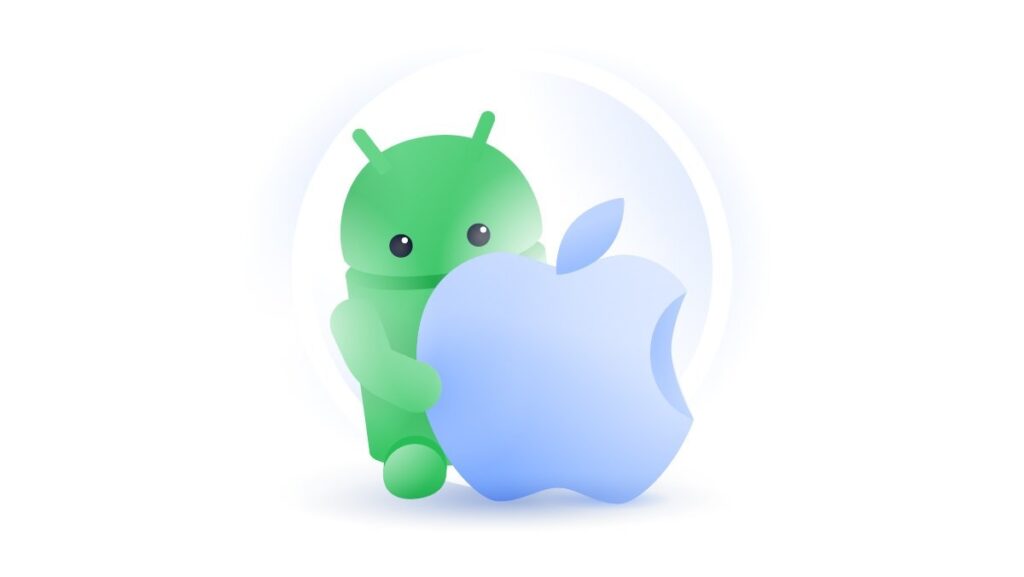
Whether you prefer Android or iOS, each operating system has its own advantages.
Android gives you more control over which apps you want and how your phone’s interface works. You can change the app launcher, download different themes, and even install different apps that don’t necessarily come from the Google Play Store.
On the other hand, iOS gives you a centralized source for your apps and content. Unlike Android phones, files are uploaded to iPhone using iTunes instead of a standard file explorer. The iOS App Store is also the only app provider that your iPhone will use, making it easier to find and add apps to your library.
Whether you want the flexibility of Android or the simplicity of Apple, it’s all up to your preferences.
Processor:
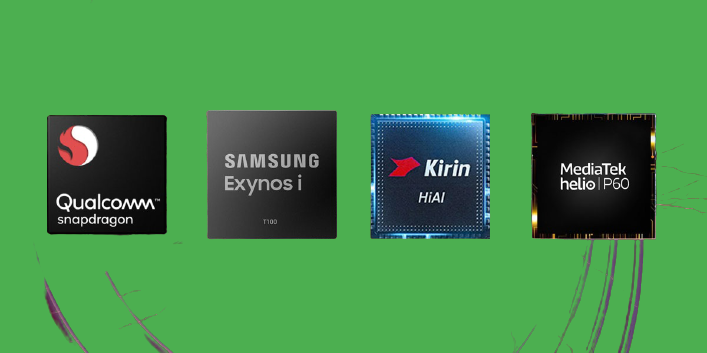
No matter how updated your operating system is, your phone’s processor needs to keep up in order for the phone to work properly. When looking for the processor of the phone, you should pay attention to the number of cores and the clock speed.
More cores allow the phone to perform more processes and functions. Phones can boot from a dual core processor, such as the 16 GB iPhone 6S. High-end phones can have up to 8 cores, such as the Asus ZenFone 2 Laser 6.0 (ZE601KL).
During this time, the clock speed determines how fast your device can run. At least 1.84 Ghz is the recommended minimum for average users to use their social media apps and make calls without too much effort.
RAM:
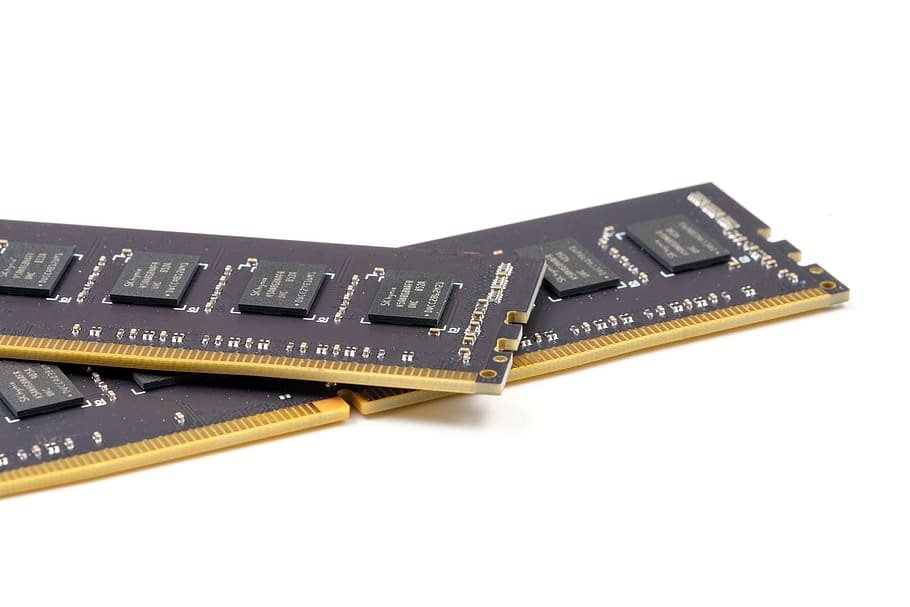
Your phone’s RAM is crucial for multitasking. From basic operating system functions to games, every app needs a bit of memory to run. The more memory you have, the more apps you can run on your phone.
Normally, phones with at least 2 GB of RAM are sufficient for everyday tasks. If you use a lot of apps and games, consider investing in a phone with more than 4GB of RAM so you can run more apps at once.
Phone Screen Size:
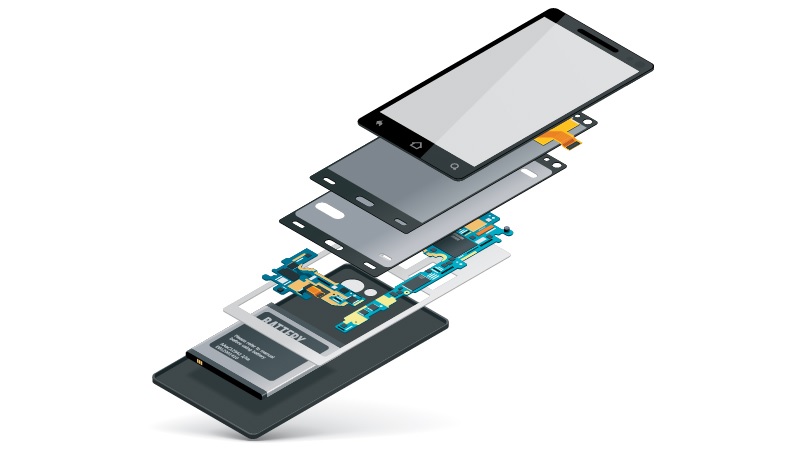
Smartphones are getting bigger, and so are their screens. People who watch a lot of movies and play games can make full use of a phablet like the Samsung Galaxy Note 5, while casual users can settle for something smaller for everyday social media and texting use.
Compromise is not just the need to use both hands to operate your phone. Another thing to consider is battery consumption. Large screens require more power than a smaller screen with similar specifications. This inconvenience can be solved with a bigger battery so you should also check the potential power capacity of your phone.
SD Card Storage:
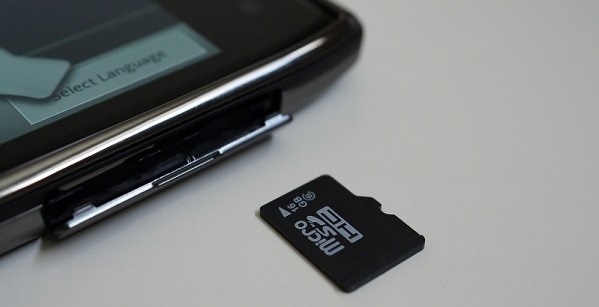
This is a feature exclusive to Android phones. With an SD card expansion slot, you can store more files regardless of your phone’s internal storage capacity. The advantage is that you don’t have to spend extra money for a new phone if you just need more storage space. Depending on your phone, the expandable memory feature can add 8GB of extra space to 200GB like the Samsung Galaxy S7.
And the decision to add more storage space is yours. In general, apps run faster when installed on your phone, leaving the SD card free for your music and photos. If you are an app or photo enthusiast, this route is highly recommended.
Read Also: Top 8 Best Foldable Smartphones In 2021 To Buy
USB File Transfer:
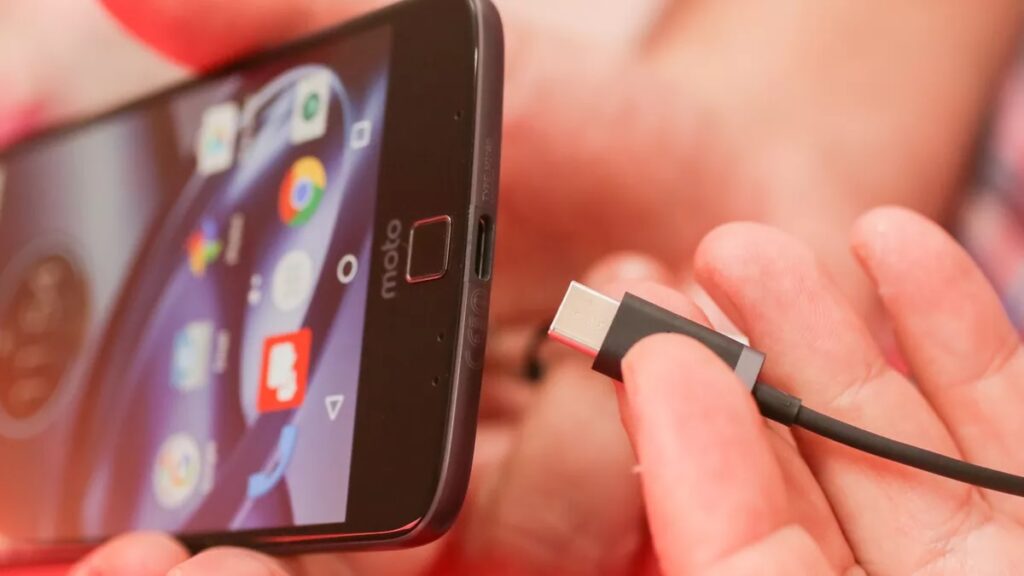
For wired connections, most phones use USB cables to connect to computers. While USB 2.0 is the current standard for many devices, USB 3.0 is rapidly gaining popularity. This allows gigabytes of files to be transferred in minutes, meaning entire libraries of movies, music, and photos can be downloaded to your device in no time.
Sensors:
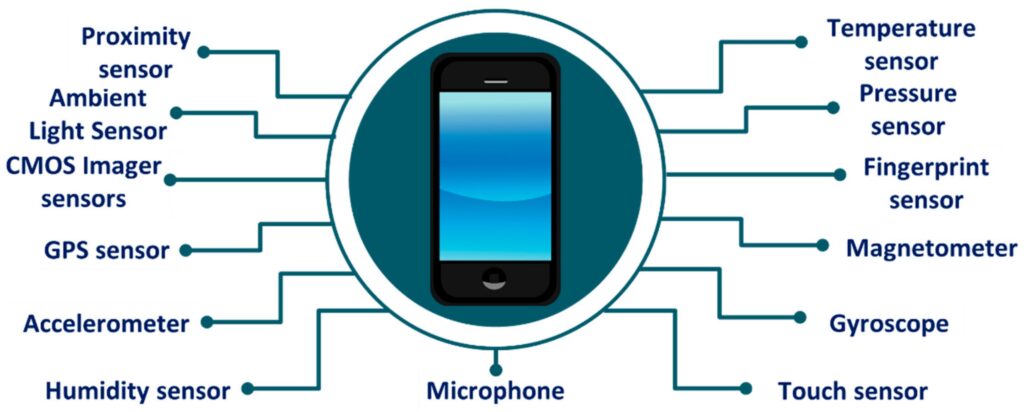
Sensors such as accelerometers, gyrometers and GPS locators are also something to look out for. If you’re the type to use apps like Waze or Google Maps to navigate the subway, these are must-have specs a smartphone must have. It not only allows your phone to communicate with tracking satellites and pinpoint your exact location to tell you where you are. They also collect information about your surroundings, allowing location apps to measure your speed and travel time.
In addition, newer smartphone models even have fingerprint sensors. These offer greater security by allowing you to lock or unlock your smartphone with your fingerprint.
Internet Connections:
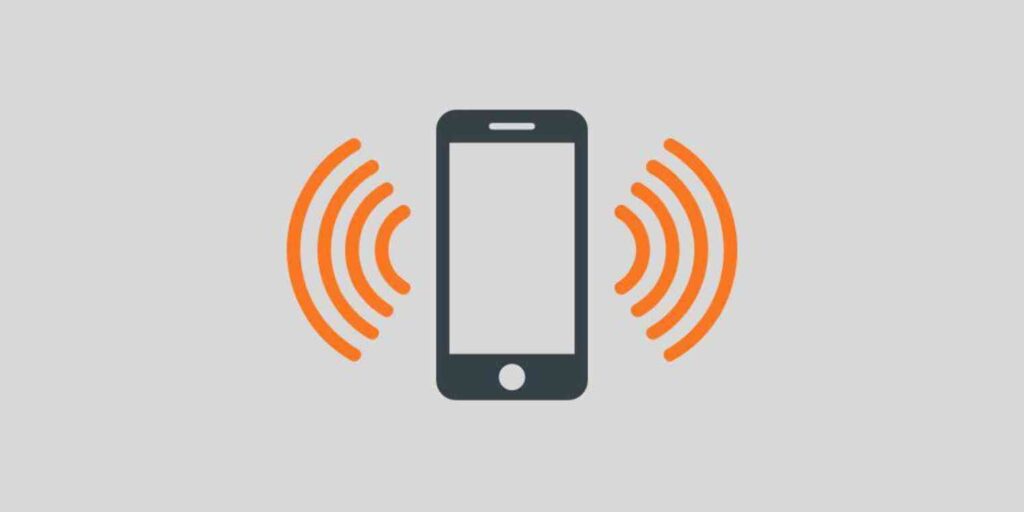
Smartphones rely heavily on Wi-Fi and mobile data. Apps like Facebook, YouTube and Viber need it to work while games need an internet connection to sync with servers.
While most smartphones can connect to the internet, not all of them have 4G LTE, the new standard for mobile internet. This offers speeds of up to 4 Mbps, allowing you to surf the web faster than before. The Samsung Galaxy J5 is one of those phones that offers this, along with a data saving feature, which makes browsing the web more profitable.
Wireless Connections:
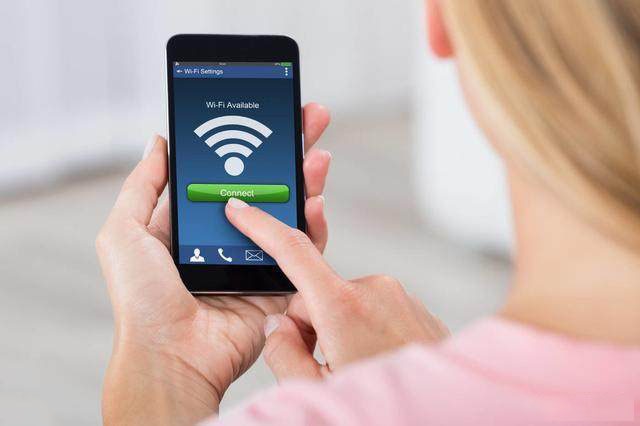
In addition to internet connections, you can also use your smartphone to transfer data and files from one device to another. When it comes to connections, Bluetooth is the current standard that allows your phone to remotely transfer files and connect to various gadgets. These include headphones, laptops, and speakers.
Newer phones also use a Near Field Communication (NFC) chip to communicate with other objects. It is used in the “Android Beam” file transfer function, wireless payment terminals and even information centers in tourist attractions.
Now that you know more about the specific features available in most smartphones, it’s time to shop!

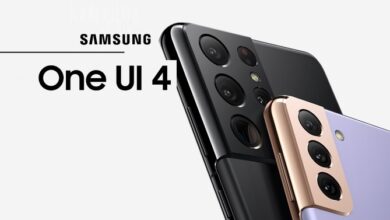

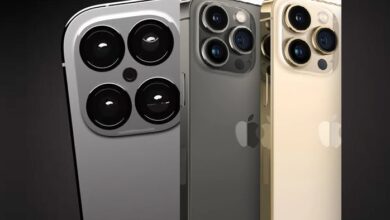

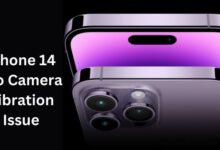

Explained very well.
Bahut badhiya bhai